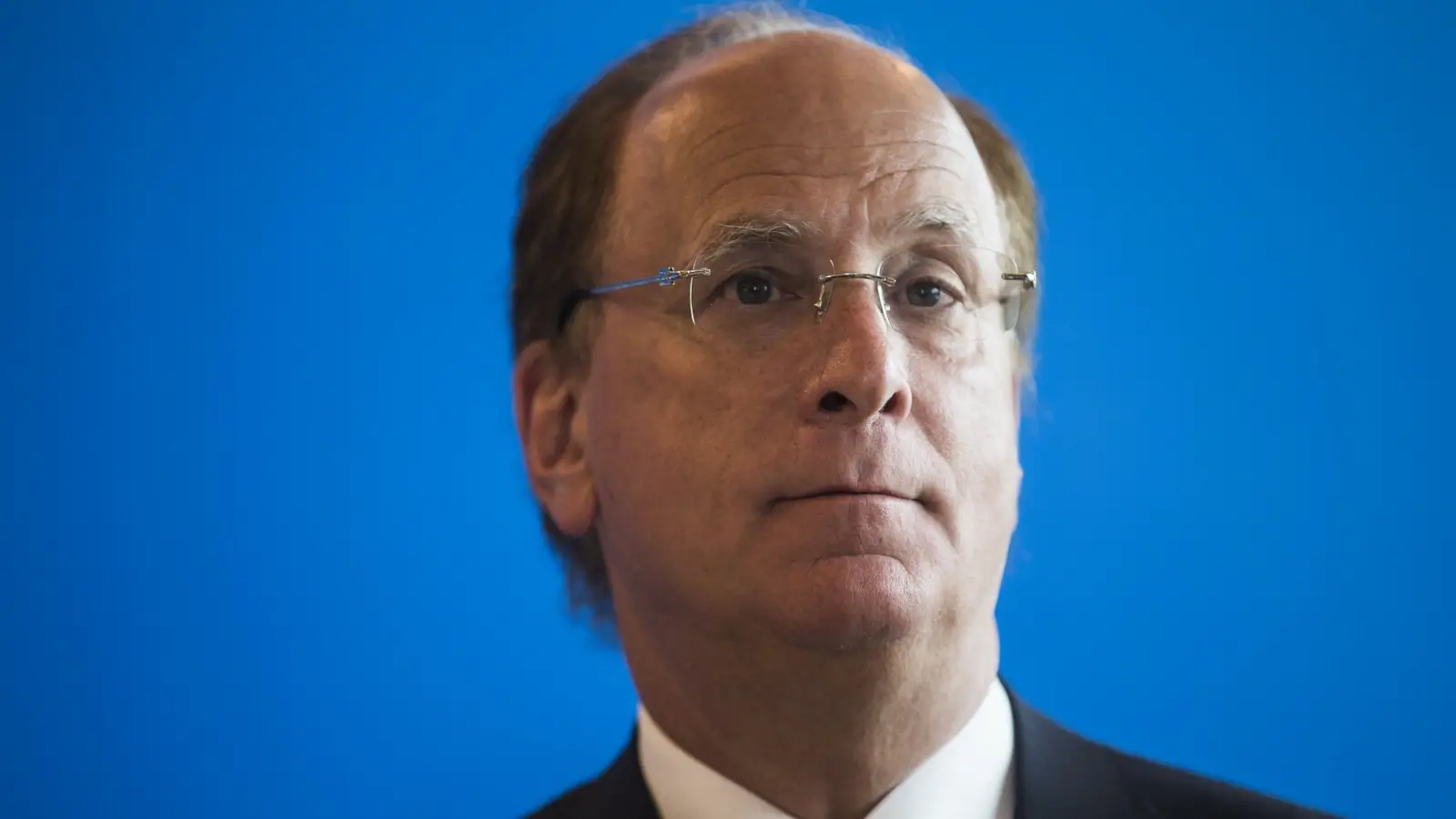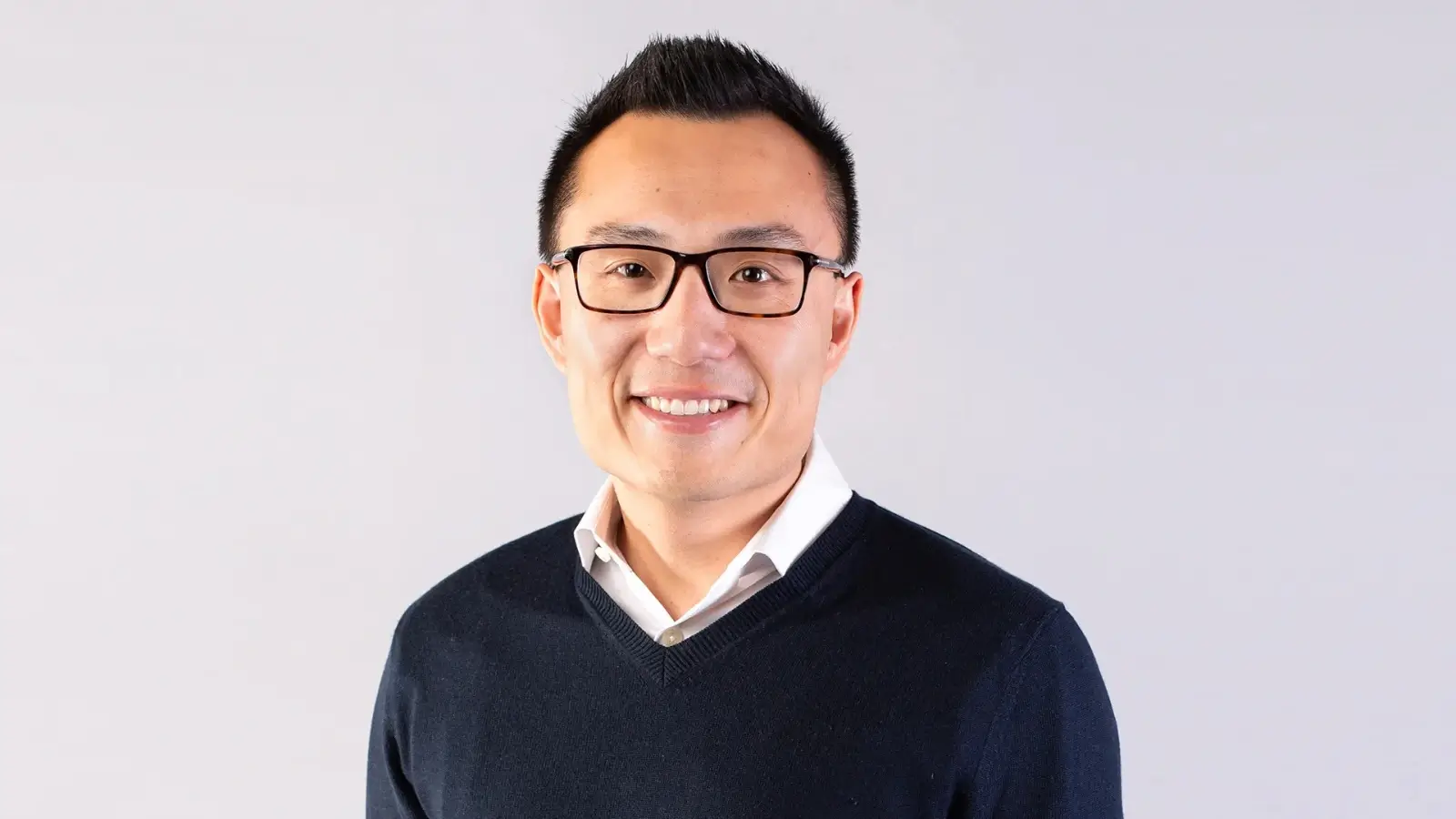


Tony Xu, co-founder and CEO of DoorDash, continues to lead the company with innovative strategies and a forward-thinking vision that keeps it at the cutting edge of food delivery. The latest focus is on autonomous delivery technology, which Wall Street analysts believe could dramatically lower costs and accelerate adoption for the platform.
A recent report from Citizens JMP reaffirmed its Market Outperform rating for DoorDash, setting a target price of $335. The firm emphasized how autonomous technology could significantly reduce variable delivery costs, positioning DoorDash for rapid growth in a fiercely competitive market.
For Tony Xu, this endorsement aligns with his long-term goal: transforming DoorDash into not just a leader in on-demand food delivery but also an innovator in logistics efficiency. Autonomous delivery technology fits into his broader strategy of decreasing delivery times and enhancing customer satisfaction.
At the same time, Tony Xu is steering DoorDash through a major milestone with its $3.9 billion acquisition of Deliveroo. The European Union is currently reviewing this deal through a simplified merger process, highlighting the company's global ambitions. Deliveroo, valued at approximately £2.9 billion, will bolster DoorDash’s presence in Europe and expand its international footprint.
This move signals that DoorDash is not solely focused on the U.S. market but is aiming to compete on a global scale against rivals like Uber Eats and Just Eat Takeaway. For consumers and industry watchers, this expansion marks a new era of international competition and innovation.
The excitement around autonomous technology isn’t just hype; it’s a practical response to high labor costs and operational hurdles faced by the gig economy. By investing in driverless cars, drones, and robotic systems, DoorDash aims to lower delivery expenses, reach underserved regions, and provide more consistent service.
Automation is transforming industries from manufacturing to logistics, and Tony Xu is positioning DoorDash to lead in this wave. If successful, autonomous delivery could revolutionize not only food logistics but the entire last-mile delivery sector.
The food delivery industry remains highly competitive, with companies like Uber Eats, Grubhub, and regional startups vying for market share. Yet, Tony Xu’s leadership demonstrates resilience and adaptability. By diversifying into advertising, non-restaurant services, and expanding internationally, he has reduced DoorDash’s reliance solely on restaurant deliveries.
This strategic agility underscores his approach—balancing innovation with calculated risk-taking. As the future of food delivery unfolds, it’s clear that Tony Xu’s vision helps differentiate DoorDash from its competitors.
For investors, the push toward autonomous delivery presents a promising long-term growth opportunity. If these technologies succeed, DoorDash could see increased profit margins and scalability. For consumers, this could translate into lower fees, faster delivery times, and better service in suburban and rural areas.
We are entering a new phase where technology is reshaping convenience and delivery. With Tony Xu leading the way, DoorDash is betting on a future where your next meal might arrive via an autonomous vehicle or drone rather than a human driver.